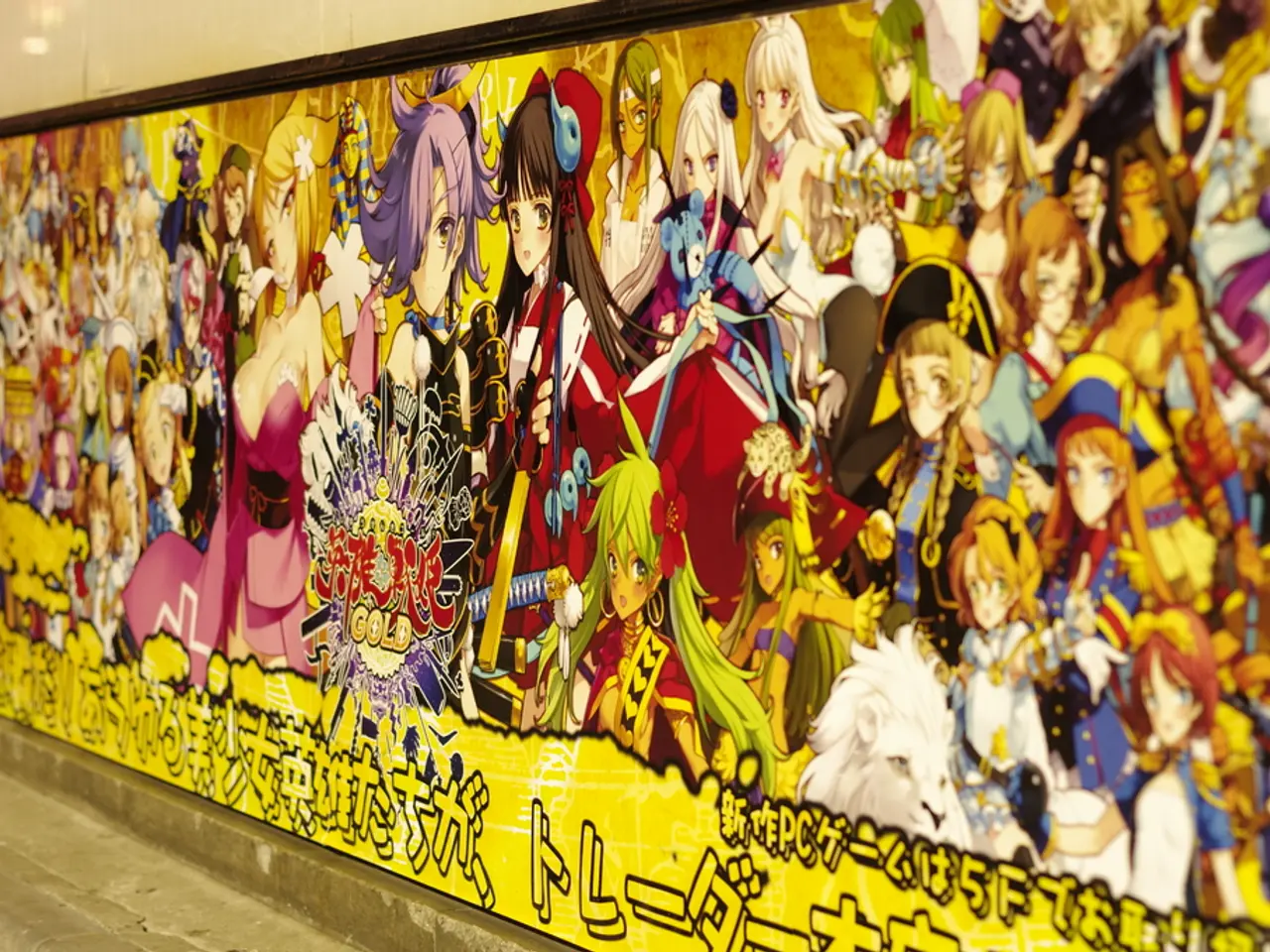Inquiry into the cause of the enthusiasm and anxiousness surrounding the playful gadget, Labubu.
In the world of collectible toys, one name has been causing a stir - Labubu. Created by Hong Kong illustrator Kasing Lung, these dolls have captured the hearts and minds of young adults aged 18 to 35, becoming a commercial sensation.
Labubu's design falls within the "uncanny valley" effect, causing feelings of unease or revulsion in some people. Yet, this very discomfort seems to heighten people's sensitivity to the dolls' eerie or unsettling traits, adding to their allure.
The psychology of desire, mystery, and fear has contributed to the popularity of Labubu dolls. Their primary audience sees owning a Labubu as a statement of style, identity, imagination, and social standing. The dolls have become commercial hits in Saudi Arabia, available on platforms like Noon.com and Amazon.sa.
Interestingly, Labubu dolls are sold in limited-edition "blind boxes," a mechanism that triggers a dopamine rush similar to gambling, making the experience addictive, according to psychologist Ajjour.
However, the story of Labubu is not just about consumer psychology. It's a blend of art, consumer psychology, and the power of social media. The anxieties surrounding Labubu are intensified by social dynamics, mass hysteria, and social media feedback loops.
Contrary to popular belief, there is no credible connection between Labubu and Pazuzu, the Mesopotamian demon known from The Exorcist. The rumors linking Labubu—an officially playful and mischievous toy doll line—to Pazuzu originated from visual similarities perceived by social media but have been debunked by fact-checkers and experts.
Pazuzu, an ancient Mesopotamian demon, is often depicted with wings, a snarling lion-like face, claws, and a serpent-headed phallus. He was ambivalent in mythology—known both as a bringer of disease and a protective figure against other demons like Lamashtu. Labubu dolls, on the other hand, were created by artist Kasing Lung and inspired by Nordic elves and childhood fantasy, not any Mesopotamian mythology.
Despite the debunking of the connection, belief that the doll holds dark powers can cause people to misinterpret everyday events as evidence of its evil nature. However, fact-checking sites such as Snopes have explicitly debunked the link between Labubu and Pazuzu, calling the similarity superficial and mistaken.
As Labubu continues to captivate its audience, it's worth noting that Pop Mart, the company producing Labubu, denies any occult or demonic origins and emphasizes the brand’s identity around fun collectible toys, not ancient demons or evil spirits.
In a surprising turn of events, Labubu has now become China's tourism ambassador. The doll's manufacturer describes it as a chaotic but well-meaning creature. Pop Mart's revenue from Labubu toys surged over 1,200% in 2024, accounting for about 22% of total revenue. By 2025, over 300 figurine designs of Labubu had been released.
In conclusion, while Pazuzu is a well-documented Mesopotamian wind demon famous from The Exorcist, Labubu is a modern toy with no authentic historical or mythological ties to Pazuzu. The connection stems mainly from internet rumors fueled by vague visual resemblance rather than factual, cultural, or creative evidence.
- Labubu dolls have gained popularity not only as collectible toys but also as a symbol of style, identity, and social standing, particularly among young adults in Saudi Arabia.2.Contrary to rumors, there is no connection between the Labubu dolls and the Mesopotamian demon, Pazuzu, despite their visual similarities that have been amplified on social media.
- In the world of entertainment and pop-culture, Labubu has become more than just a toy; it's a blend of art, psychology, and the power of social media.
- Fact-checking sites such as Snopes have debunked the link between Labubu and Pazuzu, calling the similarity superficial and mistaken.
- Interestingly, Labubu dolls are inspired by Nordic elves and childhood fantasy, not any Mesopotamian mythology like Pazuzu.
- By 2025, over 300 figurine designs of Labubu had been released, reflecting its growing influence in the Middle East and across the world.
- Amidst the controversies surrounding Labubu, the company producing it, Pop Mart, has emphasized the brand's identity around fun collectible toys, distancing itself from any occult or demonic origins.






